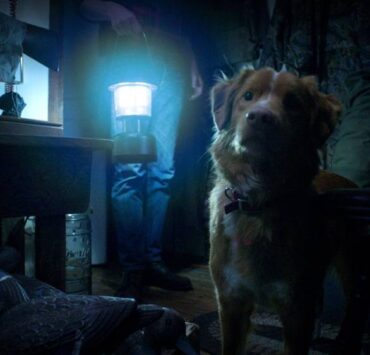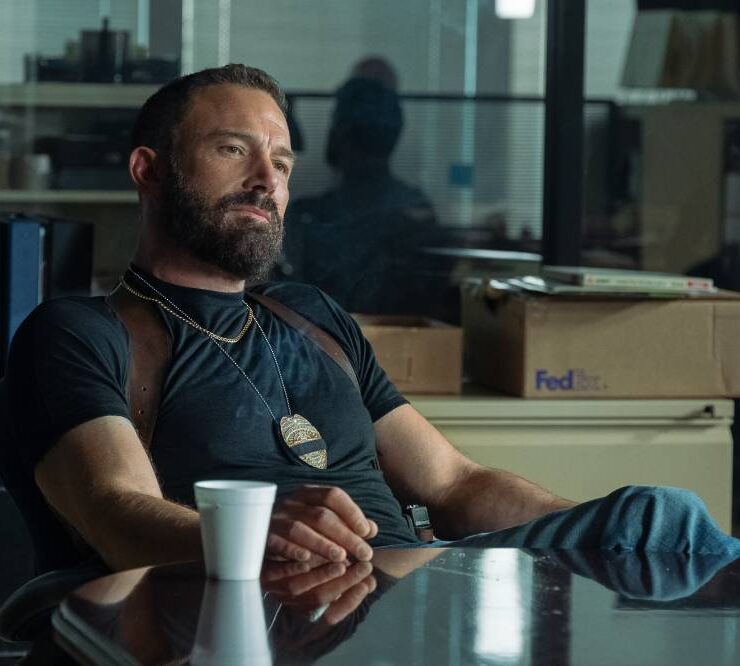Nikolas and Mikhail Red flip the script in ‘Posthouse’
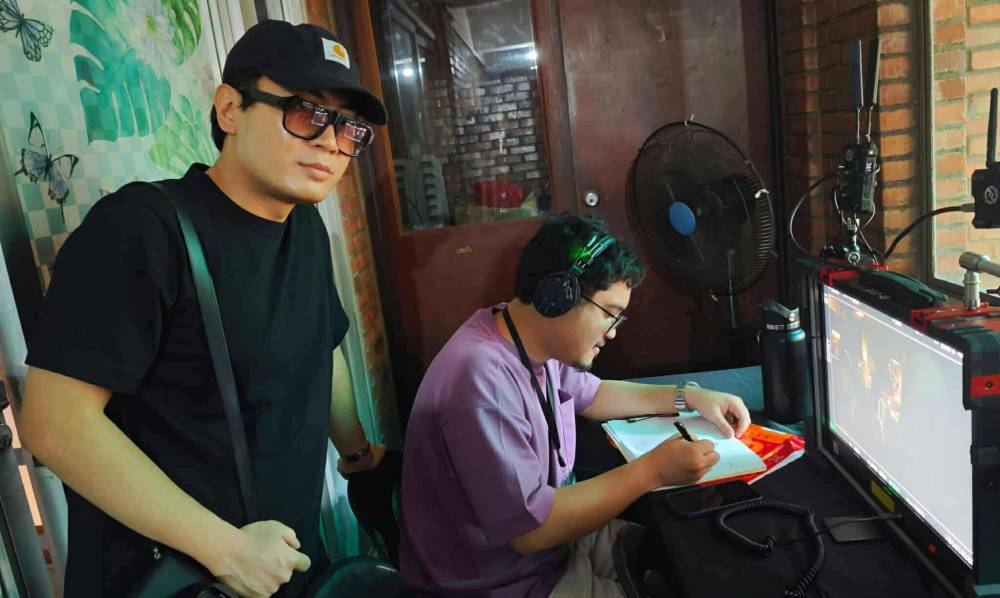
For brothers Nikolas and Mikhail Red, growing up in a clan of filmmakers meant watching classics and cult favorites like “A Clockwork Orange,” “Dawn of the Dead,” and “Apocalypse Now” on LaserDisc—all while still in elementary school.
It meant seeing their father, Raymond Red—a pioneer in modern Filipino alternative cinema—work on a flatbed editor. It meant appearing on iconic music videos he directed. And it meant overhearing their elders (uncle Jon Red is an acclaimed director and visual artist) discuss the craft over beer and pulutan during family gatherings.
Eventually, and perhaps unsurprisingly, Nikolas and Mikhail became part of those very conversations. Preferably still over beer and pulutan, where even the wackiest of jokes or ideas sometimes turn into actual concepts.
“Hearing them talk about filmmaking, we were, in a way, unwittingly being guided toward it,” Nikolas says of the family, whose extended members also include set designers, cinematographers, art directors, and other industry professionals.
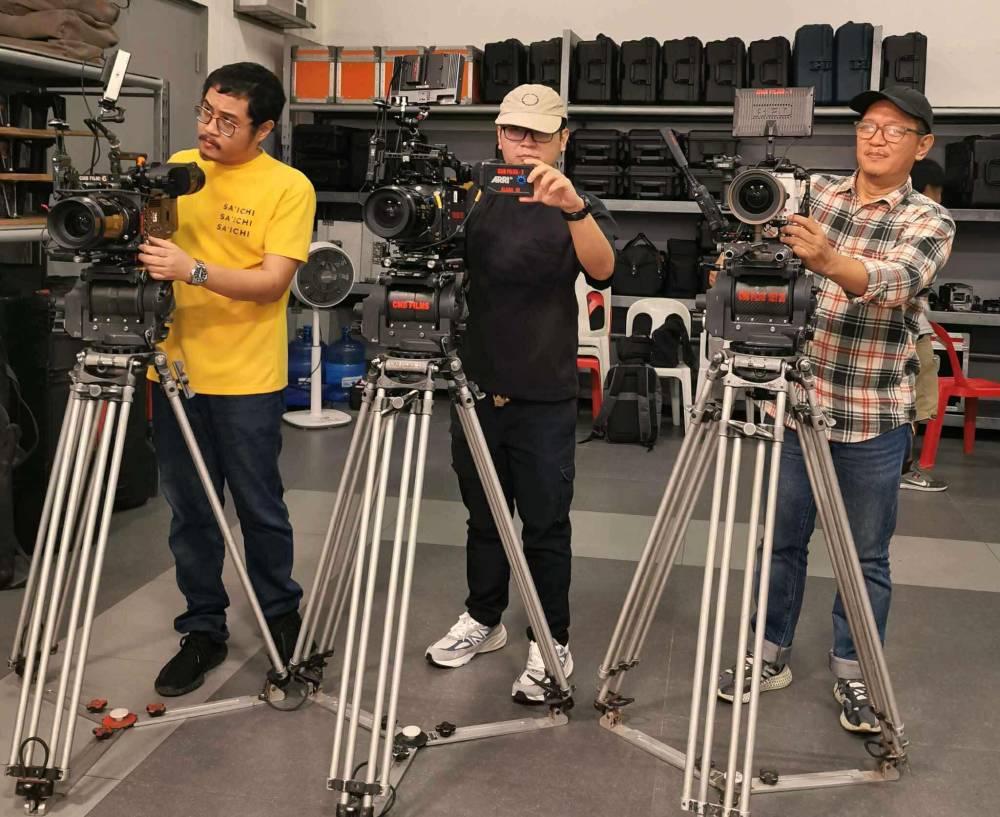
Director-editor dynamic
But of course, it was dad they looked up to the most. “I won’t forget this sight of him—looking hectic, with film negatives around him—editing on a Steenbeck or one of those flatbed editing machines,” Nikolas tells Lifestyle Inquirer.
Meanwhile, being part of the music video for the late hip-hop icon Francis Magalona’s “Kaleidoscope World” will always be a core memory for Mikhail. The kids in the flashback scenes? They were actually him and his cousins. “At one point, the shoot had to be stopped because I tripped while running and had to get stitched up in the hospital,” he recalls.
With their early exposure to serious movies and the creative process, it didn’t take long before they started picking up Hi8 camcorders to shoot homemade short films, high school projects, and improvised music videos for song covers. They were always close and filmmaking kept them even closer, so much so that what was once just a “a household hobby” turned into a successful professional partnership.
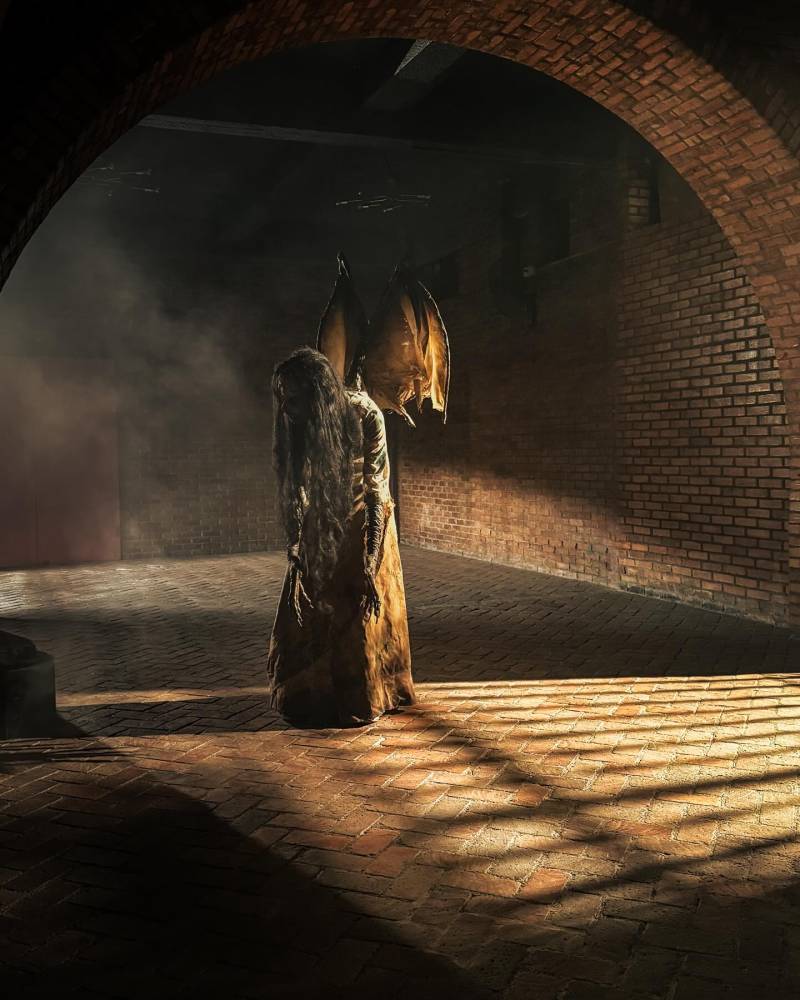
It was Mikhail who dove headfirst into directing—his breakthrough movie being the acclaimed mystery thriller “Birdshot” in 2016. He would later direct genre horror-films like “Eerie,” “Dead Kids,” “Block Z,” and the award-winning “Deleter”—all of which were edited by Nikolas.
And that was pretty much the dynamic between the two: Mikhail calling the shots, Nikolas in the cutting room.
That changed with their latest project, “Posthouse,” which has the longtime editor finally taking the helm, while Mikhail steps back as creative producer. Although he has done short films like “Putol,” which premiered at the 2021 International Silent Festival Manila, “Posthouse” is Nikolas’ debut feature film.
Borne out of frustration
He doesn’t necessarily see this as stepping out of his elder brother’s shadows, but Nikolas admits that his desire to create a full-length movie may have also been born, in part, out of a “certain frustration.” Working as often and closely as they do, creative clashes are inevitable. In the end, though, Nikolas tends to defer—it was Mikhail’s films they were working on, after all.
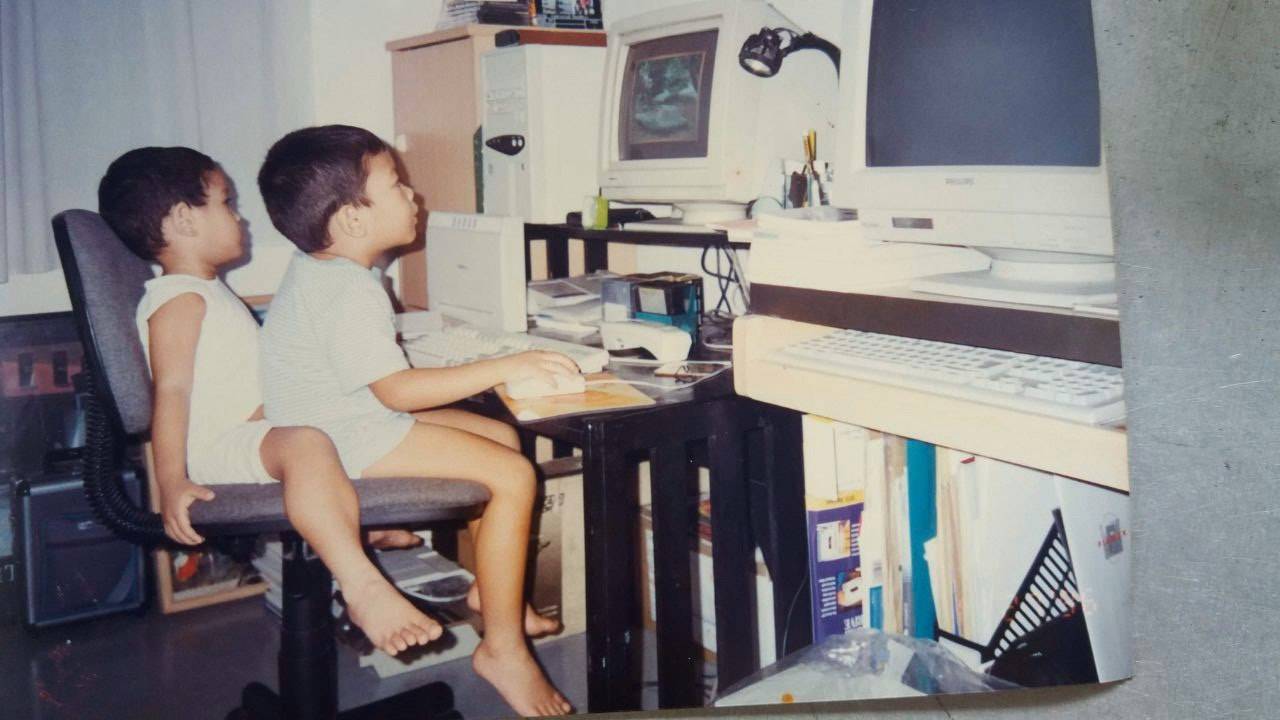
“I thought that maybe, once I make my own film, he will have more confidence in my vision even when I’m working with him as an editor… that maybe if he sees my vision as a director, it would carry over into the editing process,” Nikolas says.
It’s no coincidence then that “Posthouse” has an art-imitates-life feel, with the story told from the perspective of an editor working on real-life historical film, used as a plot device.
Still reeling from his mother Judy’s unresolved murder—and the traumatic supernatural events tied to it—Cyril (Sid Lucero) finds solace working in a decrepit post-production house founded by his estranged father. His daughter, Rea (Bea Binene), keeps him company—though their relationship remains fractured and emotionally distant, even as he tries to mentor her.
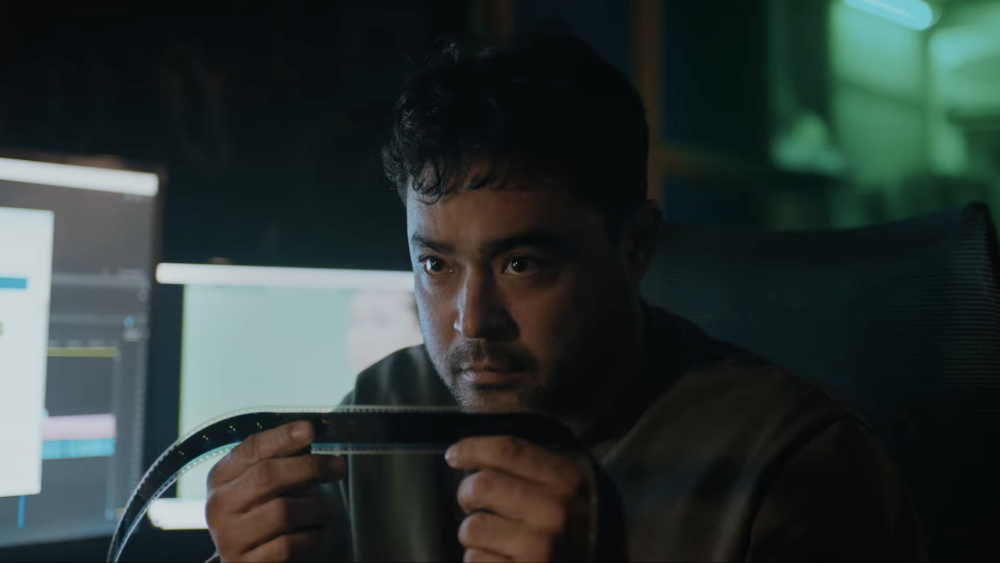
Things start to shift when a mysterious package of reels arrives, leading them to an unexpected project: restoring the first Filipino silent horror film, “Ang Manananggal,” by Jose Nepomuceno. As they piece the reels together on an old Moviola machine, they discover one essential piece is missing—one that may hold the key to uncovering the truth behind Judy’s murder.
And soon, dark forces and apparitions creep into their reality.
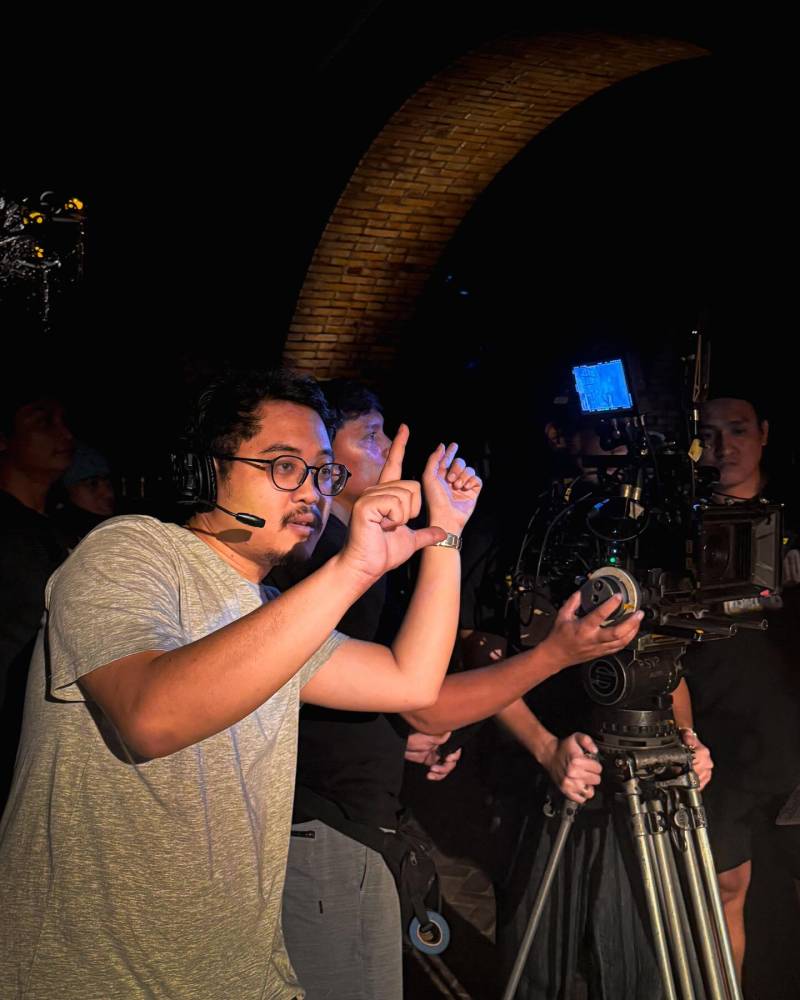
A tribute to Philippine cinema
Produced by Evolve Studios and Viva Films, “Posthouse” opens in cinemas this Aug. 20, and will be screened weeks later at the Osaka Asian Film Festival in Japan.
“I’ve always been a fan of horror films about people watching horror films like ‘The Ring.” Here I combined it with my interest in history and silent films,” relates Nikolas, who had explored a similar concept with “Putol.”
“The silent films I’ve seen are all foreign, though, because nearly all prints of our silent films are considered lost. This is a tribute of sorts to Philippine cinema and our lost media,” he adds.
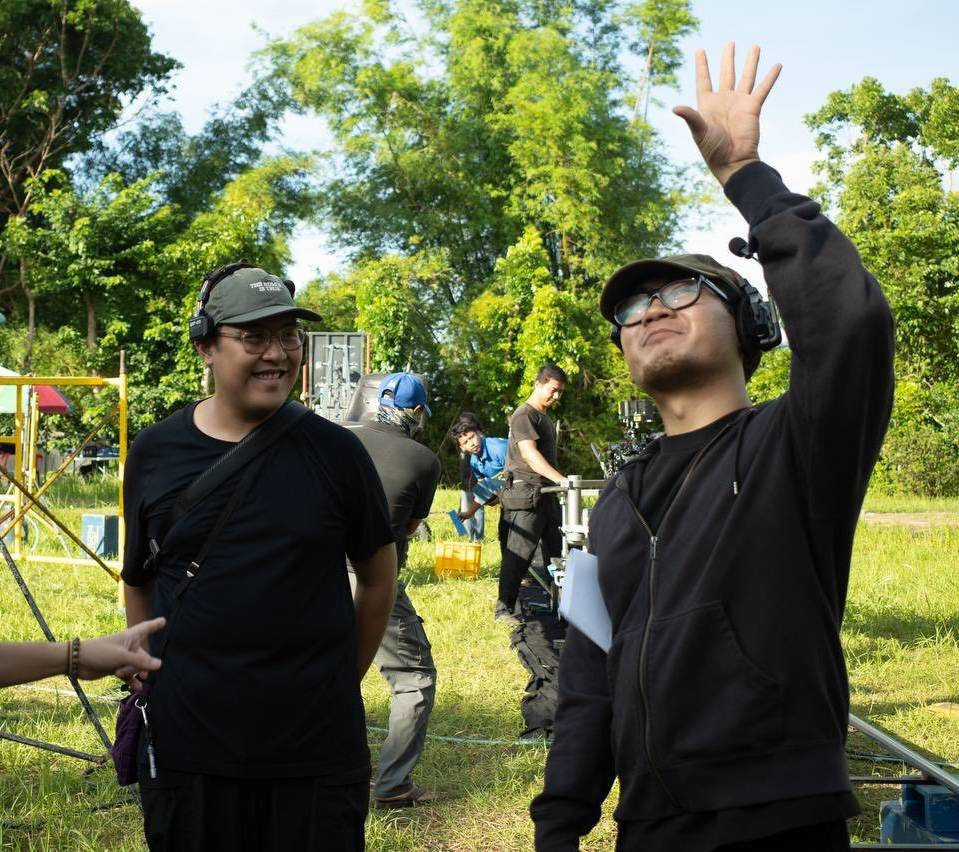
Throughout the process, Mikhail supported Nikolas from behind the scenes, offering whispers and suggestions—nothing more than that. “A director’s debut film usually has a strong sense of style and identity, and I didn’t want to ruin that. This is his vision, his ideas that have been cooking for years. He had the final say,” Mikhail says.
Nikolas was admittedly nervous going into the project, intimidated by the gravity of the occasion and wary of potential issues on the set or in post-production. But maybe through sheer luck, he surmises, everything fell into place. In fact, the crew—some members of which had also worked with Mikhail—said Nikolas was the “more chill” of the two brothers. “I think it’s because I ended up enjoying it so much,” Nikolas says.
And no, big brother never had to micromanage—there was no need to. “After all, a lot of things I know about filmmaking, I learned from him,” he ends.














